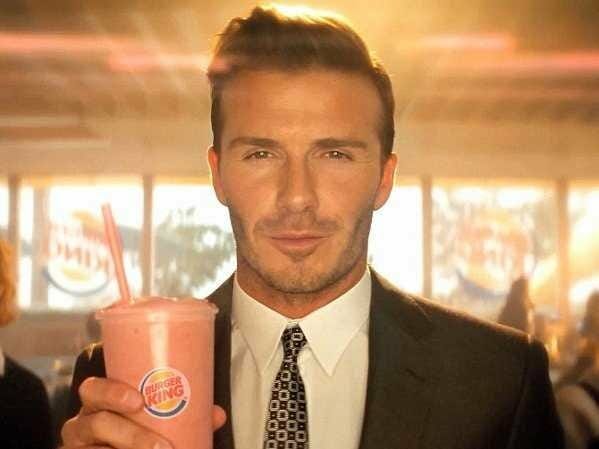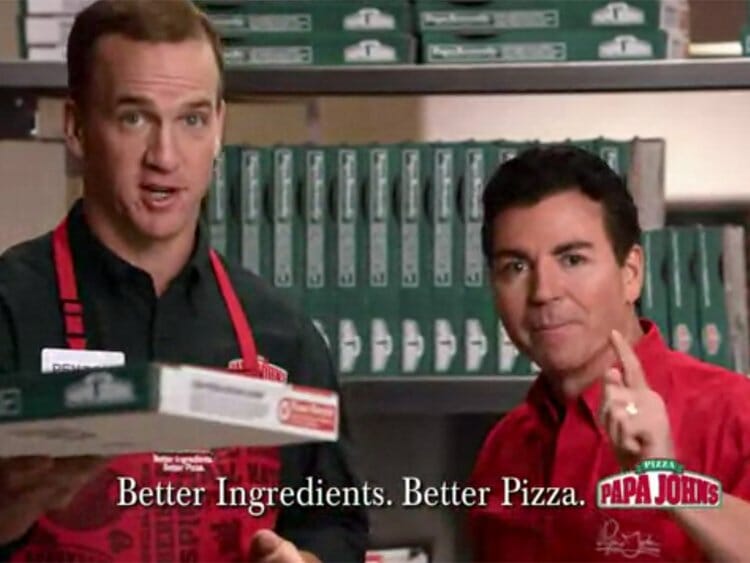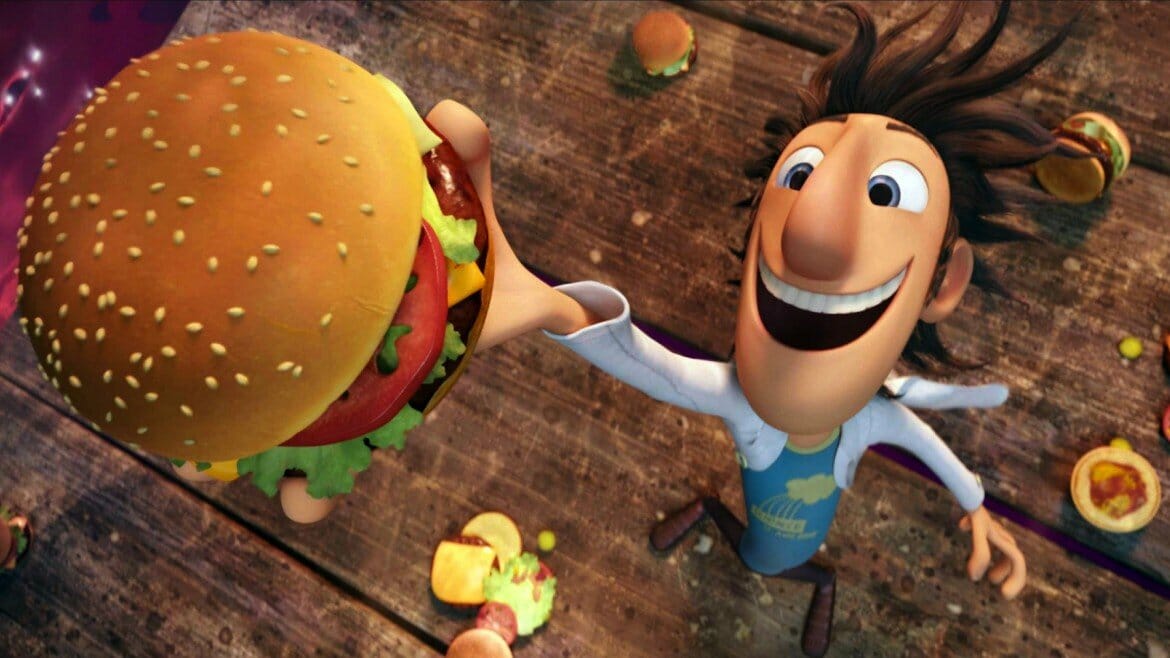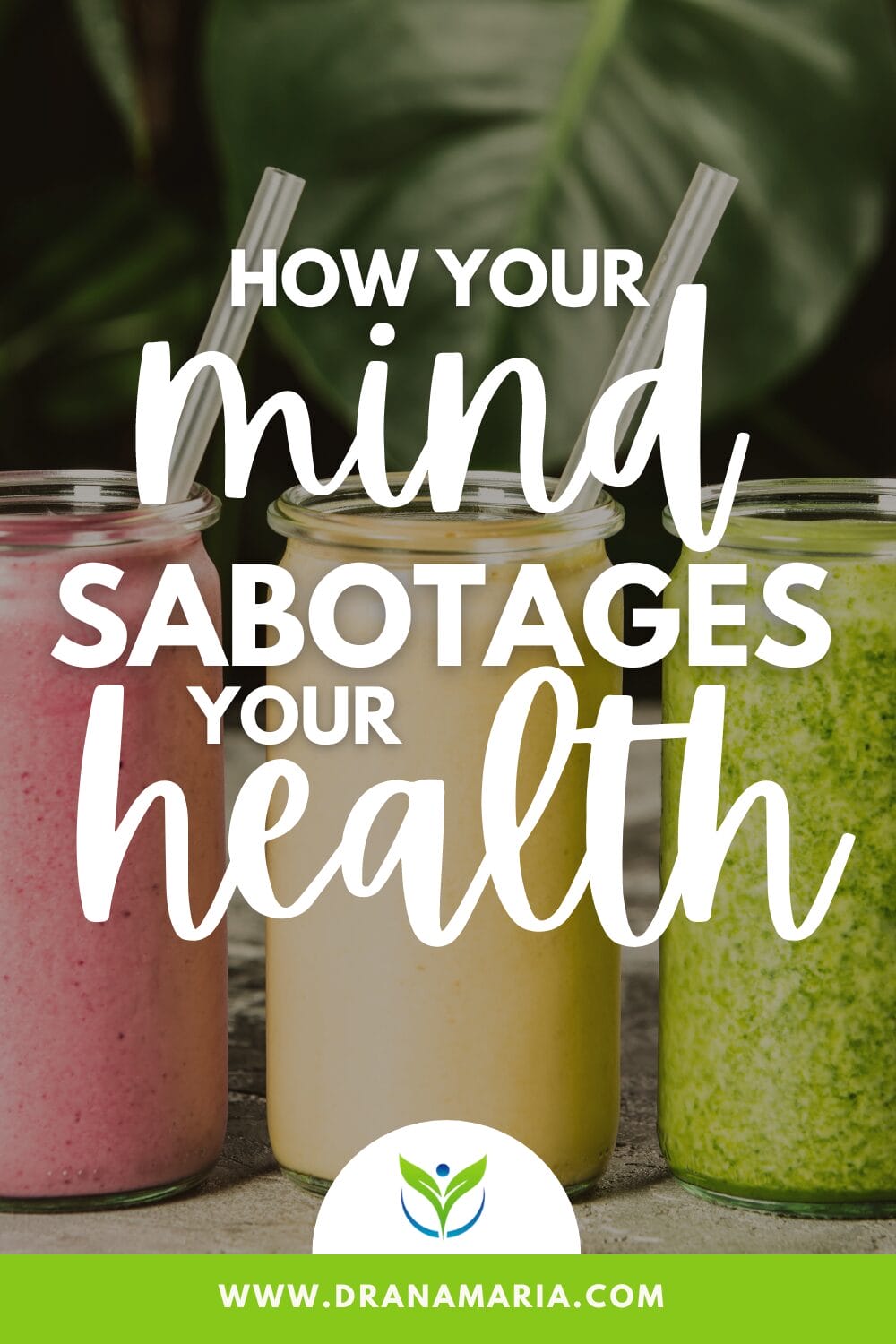I have dedicated a significant portion of my life to changing the way children eat. I am convinced (with lots of evidence) the western diet has led to our dramatic increases in chronic autoimmune diseases like asthma, allergies, eczema, ADHD, and diabetes. Thus, much of my time is spent teaching families how to change their eating habits to improve their health. Sometimes, we get so bogged down in what food we are eating or avoiding that we forget the other major factor in how our bodies react to food—how we THINK about the food we are eating. Otherwise known as our mindset around food. Can your mind sabotage your diet?

Mind Blown Over Milkshakes. Can mindset affect your diet?
I’m not sure if I have ever met a kid that didn’t like milkshakes. On hot summer nights when I was a kid, our family would ride bikes through the streets of Detroit to the local Baskin Robbins Ice-Cream Shop (aka 31 flavors) and my choice was always a vanilla shake. It usually only took me about 5 minutes and 3 cold headaches to down the entire thing with room for more–but mom always denied the request for a refill. To this day I am a sucker for milkshakes, though my waistline isn’t as happy with them.

Americans’ love of milkshakes made it very easy to recruit participants for a now famous study. Participants were given the impression that the researchers were studying the physiological effects of milkshakes with “vastly different” amounts of nutrients, fats, and calories. Subjects were told the research was being done to potentially help hospital patients with different needs for calories or nutrients. The participants would drink the shake, and then researchers would measure the physiological response in their bodies via blood tests.
Researchers were primarily looking at blood levels of the hormone ghrelin, also known as the “hunger hormone”. Ghrelin has numerous functions. It is termed the ‘hunger hormone’ because it stimulates appetite, increases food intake and promotes fat storage. When administered to humans, ghrelin increases food intake by up to 30%; it circulates in the bloodstream and acts at the hypothalamus, an area of the brain crucial in the control of appetite.
Basically when you are feeling hungry, ghrelin levels are up, when you are full, ghrelin levels go down. By measuring this, milkshake researchers could tell how filling each milkshake really was. The participants were told they would try two different shakes on two different occasions. They were told the first shake was packed with calories and nutrients containing over 620 calories (called the “indulgent mindset” shake). They were told the second shake was much lighter containing only 140 calories with less ingredients (called the “sensible mindset” shake).
Here’s the catch, they were drinking the exact same shake!
The Results
The mindset of indulgence produced a dramatically steeper decline in ghrelin after consuming the shake, whereas the mindset of sensibility produced a relatively flat ghrelin response.
Participants’ physiologic response to the shake was shaped more by what they believed they were drinking than the actual nutritional value of the shake they drank. Wow!
Our mindset around the food we eat is an incredibly important component to our health. The western world has created a culture of healthy food being disgusting and unfilling, while unhealthy food is indulgent and tasty. Just look at the media in the US. How often do you see an ad during the SuperBowl for healthy foods? Typically it’s Doritos, Taco Bell, McDonalds, Beer, and M&M’S.



Advertisements for unhealthy foods and beverages are aired worldwide, target youths, and are effective in changing kids behavior. In response, at least 16 countries, including the United Kingdom (but excluding the United States), restrict unhealthy food advertisements to kids in some capacity. The movie industry however, has had little to no oversight on food or drink depictions. Movies have been shown to have significant influence on kids smoking, drinking, and choice of snacks. Lab experiments also show that children and teens who were randomly assigned to view movies with high (vs low) placement of an unhealthy snack were 2.5 to 3 times more likely to choose the featured snack immediately after viewing.

So how do American movies stack up? A JAMA study performed a nutritional analysis of foods and beverages depicted in top-grossing US movies from 1994-2018. 70% of movies would have failed to meet the requirements for advertising in the UK. Alcoholic beverages made up 27% of all drinks in PG rated movies.
Wait—I forgot no one goes to movies anymore since the pandemic. We all just hang out on Instagram right? Well, that’s even worse. In a study of 158 celebrity Instagram accounts and over 5,000 posts, 87.3% earned a less healthy overall food nutrition score and 89.5% earned a less healthy overall beverage nutrition score, which would be unhealthy enough to fail legal youth advertising limits in the UK. IG posts that featured “healthy” food also got less likes. And I could go on and on.

All the factors above are shaping our mindsets on food. Our food mindset is typically influenced by 4 different factors:
-
Upbringing—How our parents and family talked about and approached food
-
Culture and Media—Movies, television, social media, podcasts
-
Influential Others—Close friends, peers, healthcare providers
-
Our Conscious Choice—Our ability to be mindful about the way we think
The good news is that there are a number of steps we can take to change our own mindsets about food and our children’s as well. The first step as a parent is to gain awareness of what your current mindset is about food. Your own mindset has been shaped heavily by your life experiences around food and like all mindsets are heavily biased. But just sitting and thinking about how you categorize indulgent or nutritious foods in your own mind can be an eye opening experience.
Next we need to consider the effects of our current mindset and whether they are helpful or harmful to our ultimate goals. Try not to think of your mindset as right or wrong (because there is no right or wrong) but rather as effective or ineffective in reaching our goals or desires. Once we have a grasp of our own mindset, we can start to address the kids.
I think one of the best ways to start with kids is to change our language around food. We tend to be polarizing in our characterization of food as either healthy or unhealthy. But as shown above, as soon as we label something “healthy” we have stigmatized it in our culture. A study of 138,000 college students in university dining halls showed that vegetable intake went up by 30% just by labeling vegetables with tasty and enjoyable words (like creamy, mouthwatering, or sizzlin) instead of health focused terms(like nutritious or healthy).
So as you’re preparing dinner for your family and the kids ask, “Mom, what are we having for dinner?” The way you respond is important in shaping their food mindset for that night and long term. Starting your response with “We are eating healthy tonight” will immediately create a mindset of poor tasting food thanks to our food media. Alternatively, saying “We are having yummy glazed carrots with mama’s homestyle sizzlin bean casserole” will have the kids hootin’ and hollerin’ – but seriously over time that language changes their brains.
In our family, I (John) was a major problem in this area. As my wife attempted to change our family’s diet, I would roll my eyes, make comments under my breath, and create an expectation of inferior taste. I had no idea this was actually affecting my physiology. Indulgent food is whatever we decide in our minds is indulgent. Keep in mind foods considered indulgent and a delicacy in some cultures would be considered disgusting and inedible in others. Caviar (fish eggs) and Rocky Mountain Oysters (bull testicles) are good examples.

I think a better way for us to think about food is effective or ineffective toward our overall health goals rather than healthy or unhealthy. It removes some of the stigma and negativity that seems to have attached to the “healthy food” label. There is also a presumed deprivation with using healthy terms around food. I hear this all the time in my clinic when I explain to families that the origin of their chronic disease is their diet. They tell me, “We can’t take away all the foods that make childhood fun like Doritos and Chick-fil A”.
Since when did those foods become the defining aspect of an enjoyable childhood? Does this mean that all childhoods were miserable before the creation of highly processed foods and high fructose corn syrup? A better way is to ask children, “Do you want to eat something that makes you strong and fast and tastes good too? Or, these (insert any fruit or vegetable) are so yummy and filling, I just love them.” Seems corny, but over time this shapes a young mindset.
Another problem area in our family was our interaction around dessert. At dinner we would say to our kids, “If you want dessert, you have to eat all your vegetables.” The mindset we instill with that language is “you must eat the yucky healthy stuff first if you want the yummy unhealthy stuff.” A better way to approach it is to say, “We are going to fill up on our dinner and yummy vegetables so we may not even be hungry for dessert.” It sounds corny, but started at a young age it can have a dramatic impact long term.
As you move through your family’s wellness journey, be cognizant of the signals you are sending to your kids. Not only will changing your mindset around food change your own physiology, it will shape the future mindset of your children.
Yours in Good Health and Mindset,
Drs. John and Ana-Maria Temple
Was this post helpful? Save it for later!





